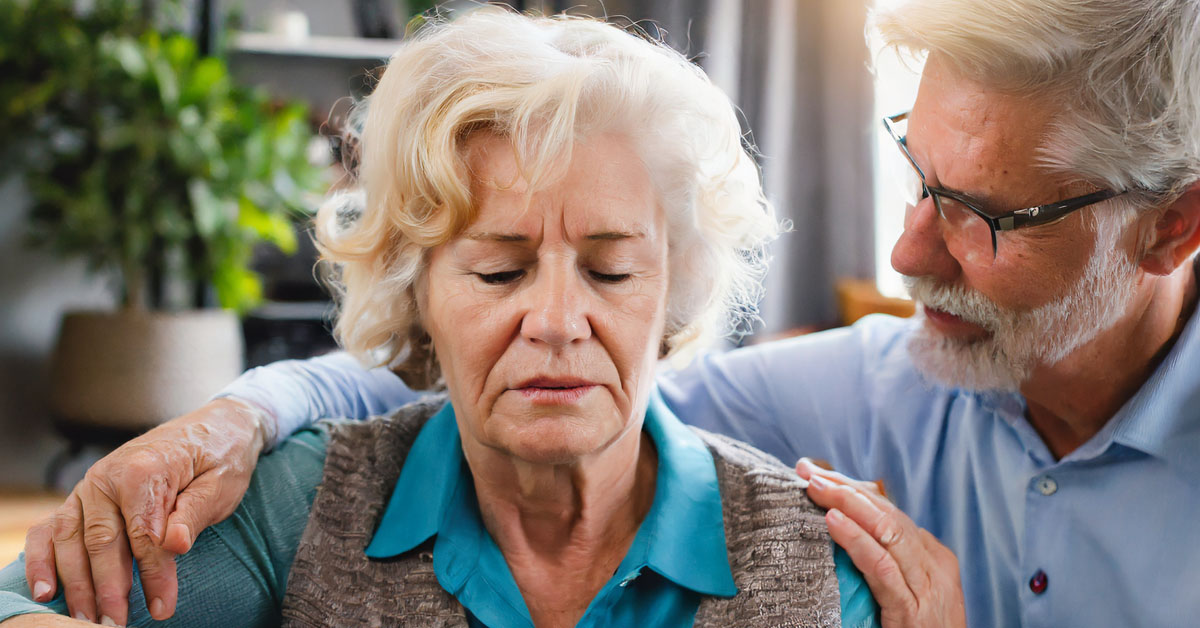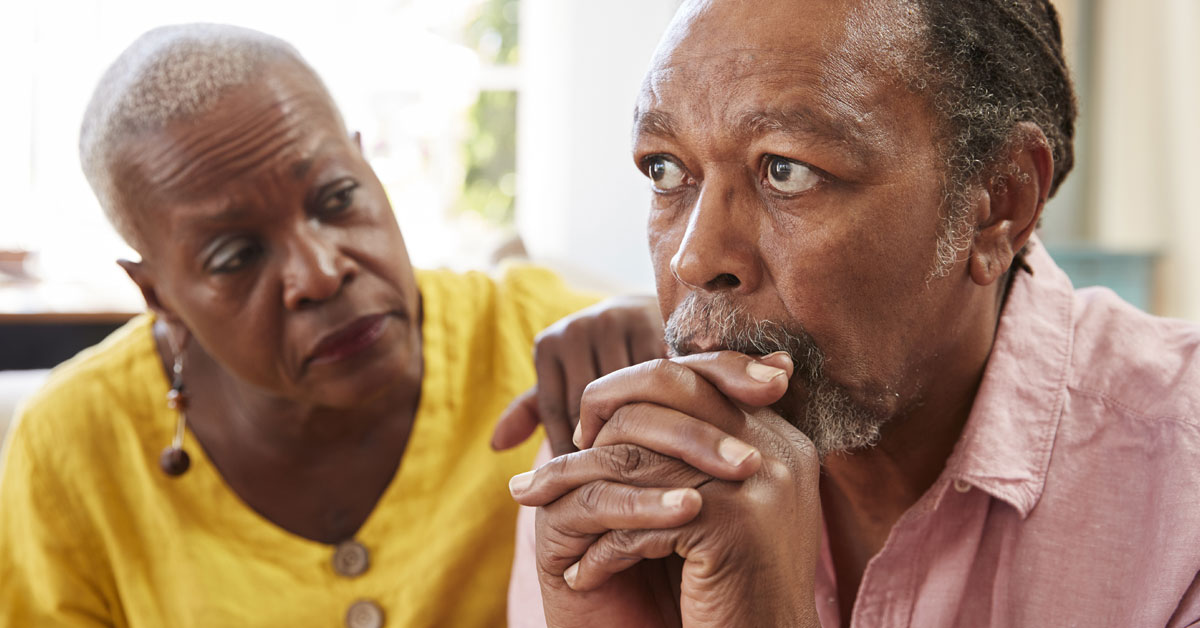
Caregivers Shouldn’t Feel Guilty About Calling Hospice
The concept of hospice care is rooted in the philosophy of providing compassionate and specialized care for individuals facing terminal illnesses. The idea of hospice care is associated with the passing of a person, hence, a negative connotation. It is for this reason that many families consider hospice very late in the care of their loved one with a serious illness. It’s not uncommon for caregivers to feel a range of emotions, including guilt, when making the decision to call in hospice for a loved one. This decision can be emotionally challenging, as it may symbolize a transition from curative treatments to a focus on comfort care and end-of-life support.
Providing care for a loved one can take its toll on caregivers, both physically and mentally. Despite their best efforts, caregivers often experience feelings of guilt, believing that they could and should be doing more. This burden of caregiver guilt only adds to the already challenging nature of caregiving, making it more difficult to manage. Making the right decision for a family member, especially at the end of their life, can feel more difficult than you might expect.
What is Caregiver Guilt?
Caregiver guilt is a negative manifestation of the distress experienced when caring for a loved one. Caregiver guilt can include feelings of depression, burden, or anxiety.1 Some people feel as if they are not doing enough for their loved one, despite their improvements to the person’s quality of life.
Signs & Symptoms of Caregiver Guilt
According to the National Alliance for Caregiving and the American Association of Retired Persons (AARP), family members spend an average of 24.4 hours per week providing care. Feelings of guilt, exhaustion, frustration, and anxiety are all common when taking on the role of a caregiver and can make an already challenging experience more difficult.
The common signs and symptoms of caregiver guilt may include:2
- Ambivalence: The feeling of wanting to be doing what you are doing, but also not wanting to do it.
- Resentment: Feeling unappreciated for the care you are providing.
- Irritability: If you do not feel gratitude for what you are doing or are constantly criticized it might result in irritability.
- Anxiety: Fear that you are doing something wrong or won’t be present when something bad occurs.
- Depression: On top of the balancing act you may be doing, you are facing potential loss and already experiencing grief for the person you are providing care for.
Conclusion:
Caregivers should recognize that opting for hospice care is a responsible and compassionate decision that prioritizes the well-being of the patient and their family. It allows for a dignified and supported end-of-life experience, and caregivers should not feel guilty for seeking the best possible care for their loved one during this challenging time.
Sources:
- Family Caregiver Alliance. Caregiver statistics: Demographics [Internet]. Family Caregiver Alliance. 2016. Available from: https://www.caregiver.org/resource/caregiver-statistics-demographics/
- Jacobs BJ. Caregivers: Living With Guilt [Internet]. AARP. AARP; 2016. Available from: https://www.aarp.org/caregiving/life-balance/info-2017/living-with-guilt-bjj.html
- Gallego-Alberto L, Losada A, Cabrera I, Romero-Moreno R, Pérez-Miguel A, Pedroso-Chaparro MD, Márquez-González M. “I feel guilty”. Exploring guilt-related dynamics in family caregivers of people with dementia. Clinical Gerontologist. 2022 Oct 20;45(5):1294-303.





